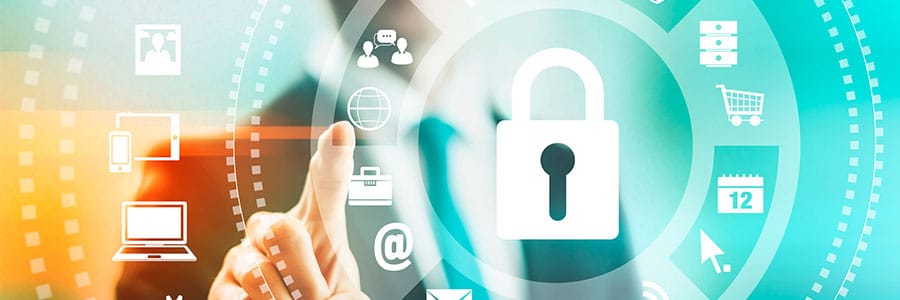
Small businesses like yours need to safeguard sensitive company information from potential threats. When securing your data against cyberattacks and data breaches, one crucial aspect to keep in mind is access control.
What is access control?
Access control refers to the process of regulating and managing who can access certain information. It consists of two main mechanisms: authentication and authorization.
Authentication mechanisms require users to prove their identity each time they attempt to access a system or application. Users may be asked to present one or more authentication factors, including:
- Something they know – refers to knowledge-based information, such as a password, a PIN code, or the answer to a security question
- Something they have – involves possession of a physical object, such as a smart card, security token, or mobile phone
- Something they are – refers to biometric information, such as fingerprint, facial, or iris scans
| Read also: Why your company should implement MFA |
The authentication mechanism then compares the provided authentication factor/s against the factor/s stored in the database. If the authentication factors match, the user gains access to the system or application.
Once the user’s identity has been established, the authorization mechanism then determines the level of access — such as viewing, commenting, or editing access — that the user has to particular data. Authorization can be implemented using a variety of techniques:
- Access control list – access to resources is granted based on a list of users that are authorized to access the resource
- Role-based access control – access is granted based on the roles and responsibilities of the user within an organization
- Attribute-based access control – access is granted based on the user’s attributes, such as job title as well as location, time of day, device, and other contextual information
Why is access control important for data security?
There are many reasons your company should have access controls in place.
To safeguard sensitive information
Access controls ensure that only authorized users have access to sensitive data, such as customer details, financial records, and intellectual property. This makes it more challenging for cybercriminals to gain access to company data and IT systems. But if they manage to compromise a company user account, their access will be limited to only what that user has access to. For example, if a cybercriminal was able to take over a rank-and-file HR employee’s account, they wouldn’t be able to access the files of the marketing department or of top executives.
At the same time, access controls can help prevent insider threats, such as employees, from accidentally or intentionally viewing, modifying, or sharing sensitive information.
Therefore, having access controls in place minimizes the risk of exposure, tampering, or theft of sensitive data.
To enforce business policies
It’s easier to enforce data-related policies when you have access controls in place. For example, your company may require employees to use only company-issued devices to access business data. With access controls in place, you can automatically enforce this policy since employees won’t be able to log in to the company system using unregistered devices.
To maintain operational efficiency
By implementing access controls, you can ensure that employees have access to the resources they need to do their jobs. This reduces the time employees spend searching for the documents or applications they need.
Access controls also prevent unauthorized access and security incidents that could disrupt business operations.
To comply with relevant regulations
Access controls are essential for complying with certain regulatory and compliance requirements. Different industries have laws and standards that require specific access control measures to ensure data security. For instance, in the healthcare industry, the Health Insurance Portability and Accountability Act requires healthcare organizations to safeguard patient data by providing authorized users access to only the minimum necessary information required to perform their job functions.
Aside from access control measures, there are six other layers of security that SpectrumWise offers, providing your company with comprehensive cyber protection. Schedule a FREE consultation with us today.



